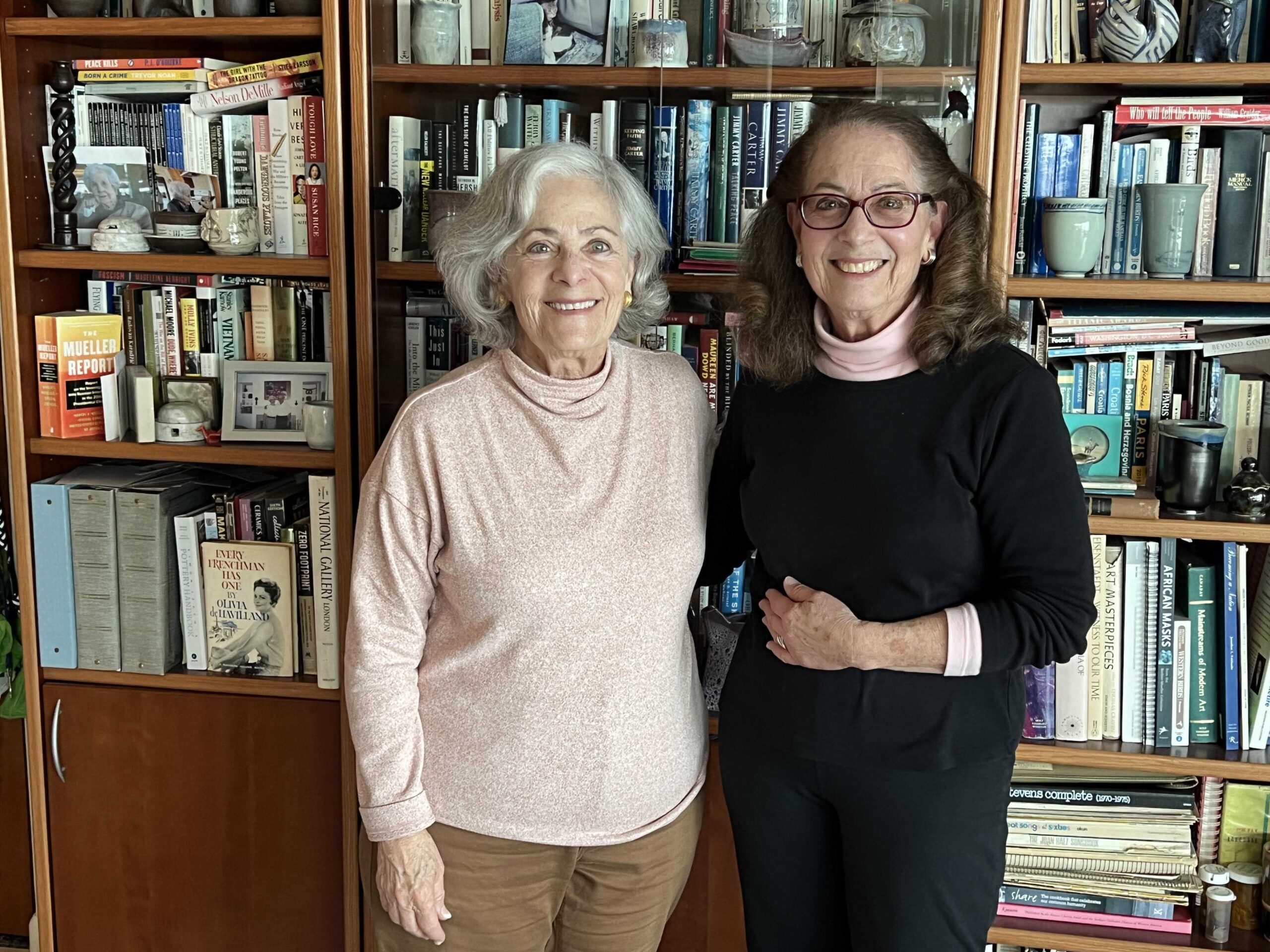A Peaceful Legacy: The Life and Work of Joyce Neu
For those of us who remember the Bosnian war of the 1990s, the atrocities we saw on the news are seared in our brains. Caused by the break up of Yugoslavia, the war between the Bosniaks, Croats and Serbs resulted in bitter fighting, ethnic cleansing, indiscriminate shelling and the rape of as many as 50,000 girls and women.
For Hollywood Riviera native Joyce Neu, the Bosnian war was more than just horrific images from a faraway country. As Associate Director of the Conflict Resolution Program at The Carter Center, the non-profit organization that advances democracy and human rights in more than 80 countries, Joyce was on the frontlines helping to negotiate an end to the fighting.
Wearing a flack jacket as she flew into Sarajevo, Joyce recalls the pilot navigating the plane in circles as they descended to lessen the chances of being shot down. As part of her mediation efforts, Joyce met with Slobodan Milosevic, leader of the Republic of Serbia, and his henchman Radovan Karadzic – both of whom were ultimately charged by the International Criminal Tribunal with war crimes.
During the December 1994 trip to Bosnia, Joyce was present for the signing of several peace agreements. The following year, as part of the Dayton Peace Accords, the presidents of Bosnia, Croatia and Serbia, agreed to end the war.
Five years later, Joyce traveled to the bushland of Central Africa to meet with Joseph Kony, leader of the terrorist group the Lord’s Resistance Army. One of central Africa’s cruelest and most enduring armed groups, the Lord’s Resistance Army abducted more than 67,000 youth, including 30,000 children for use as child soldiers and sex slaves. Though Kony and his rebels refused to communicate with the government, they agreed to talk to Joyce about their preconditions for negotiations. Kony was indicted in 2005 for war crimes and crimes against humanity by the International Criminal Court in The Hague.
With a Ph.D. in linguistics, Joyce was the only linguist of the time doing conflict resolution at the international level. She served in Senegal as a Peace Corps Volunteer in the early 1970s, spent eight years as Executive Director of the Joan B. Kroc Institute for Peace and Justice at the University of San Diego, and was the team leader for the United Nations Standby Team of Mediation Experts. She helped mediate conflicts in more than two dozen countries, including Congo, Mali, Sudan and Uganda. Joyce was also a senior Fulbright scholar in Poland, a college professor, and has published numerous articles on conflict resolution, negotiations, and international war crimes tribunals.
“I’ve been fortunate to have a long and exciting career that I loved,” said Joyce, who retired in 2016. “Today, I enjoy simpler things, like walking my dog on the Esplanade, doing pottery, and being a citizen scientist for the grey whale migration census at the Point Vicente Interpretive Center.”
Joyce’s father bought their family home on Camino de las Colinas in 1953 when it was newly built. She was a student at Parkway School (now the site of the Riviera Beach Colony), and graduated from South High. Joyce never imagined growing up that one day she would play such an important role in bringing peace to foreign lands. We’re grateful this hometown hero put her skills to good use making this world a better place for us all.

